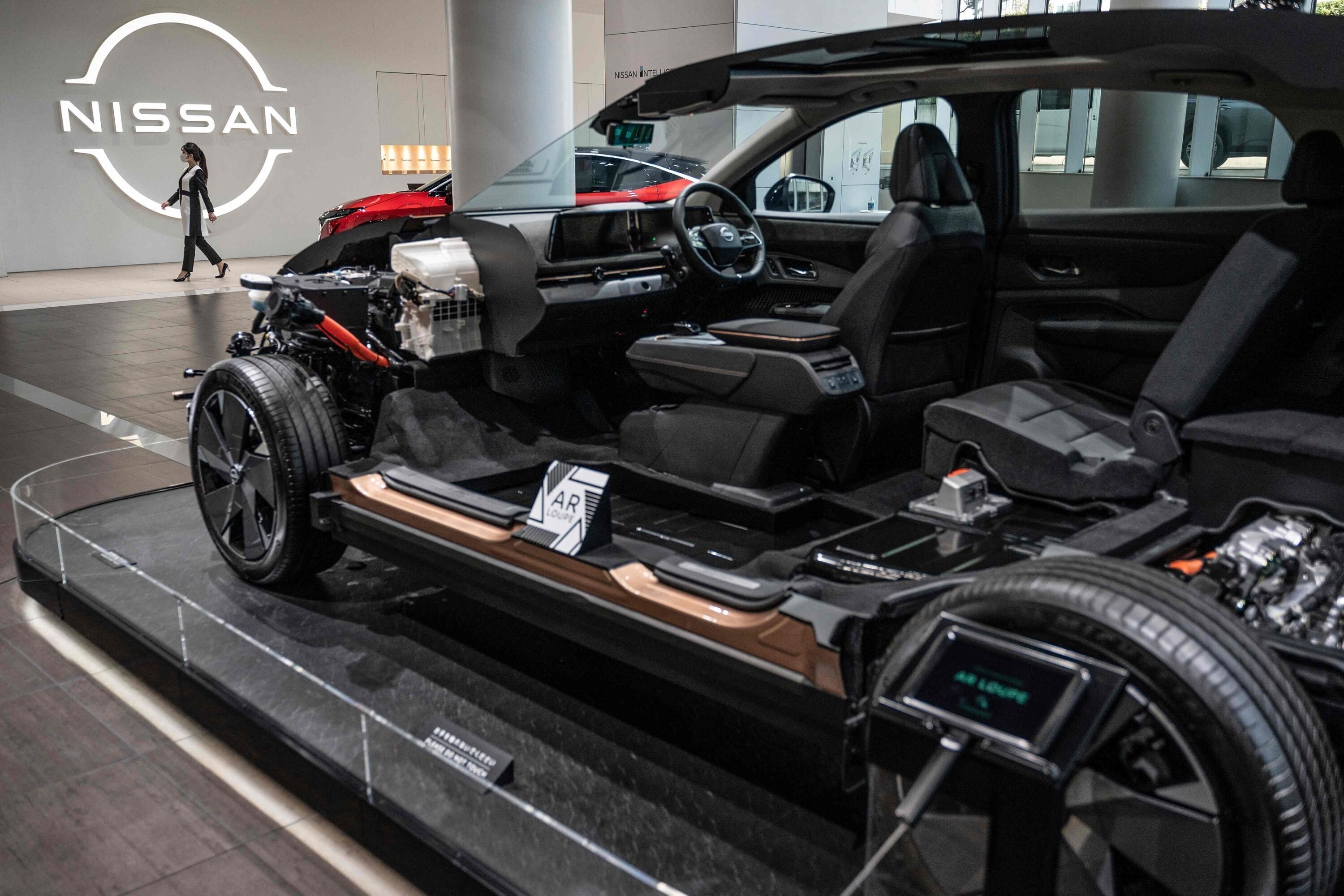

In a bold move to redefine the future of electric vehicles (EVs), Nissan Motor announces its strategic venture into solid-state battery production, poised to revolutionise the automotive industry. Leveraging cutting-edge technology and aluminium casting prowess, Nissan aims to outpace rivals and spearhead a new era of sustainable mobility.

With the promise of faster charging and extended lifespan, solid-state batteries represent a monumental leap forward in green energy solutions. The integration of aluminium casting machines underlines Nissan's commitment to efficiency and cost reduction, paving the way for a greener automotive landscape.
By leveraging aluminium casting techniques, Nissan aims to streamline production processes, driving down costs while enhancing structural integrity. With a focus on rear body structures, Nissan sets the stage for lightweight, durable EVs poised to dominate the market.
Looking ahead, Nissan explores strategic collaborations with industry giants like Honda Motor, signalling a collective commitment to innovation. Together, they envision a future where EVs are not only cost-effective but also seamlessly integrated with AI-driven software platforms. As Nissan gears up to launch 30 new models, including electrified variants, the stage is set for a transformative journey towards sustainable mobility.
According to Hideyuki Sakamoto, executive vice president for manufacturing and supply chain management, Nissan has integrated casting boards into the production of structural components for front air conditioners at its Tochigi plant for more than 15 years.
After taking into account the feasibility of various metals, the automaker relied on aluminium. Sakamoto added: "In the end, we decided to use a 6,000 tonnes gigacasting machine to make the rear body structure of cars using aluminium casting."
In the quest for automotive excellence, Nissan emerges as a trailblazer, harnessing the power of aluminium and cutting-edge technology to redefine the EV landscape. With solid-state batteries and aluminium casting innovations at its core, Nissan sets a new standard for efficiency, performance, and sustainability. As the world moves towards a greener future, Nissan remains at the forefront, driving change one innovation at a time. If you are interested in learning more about the use of aluminium in the transportation sector, please have a look at AL Circle's special report, Future of Aluminium in the Transportation Sector.



Responses






